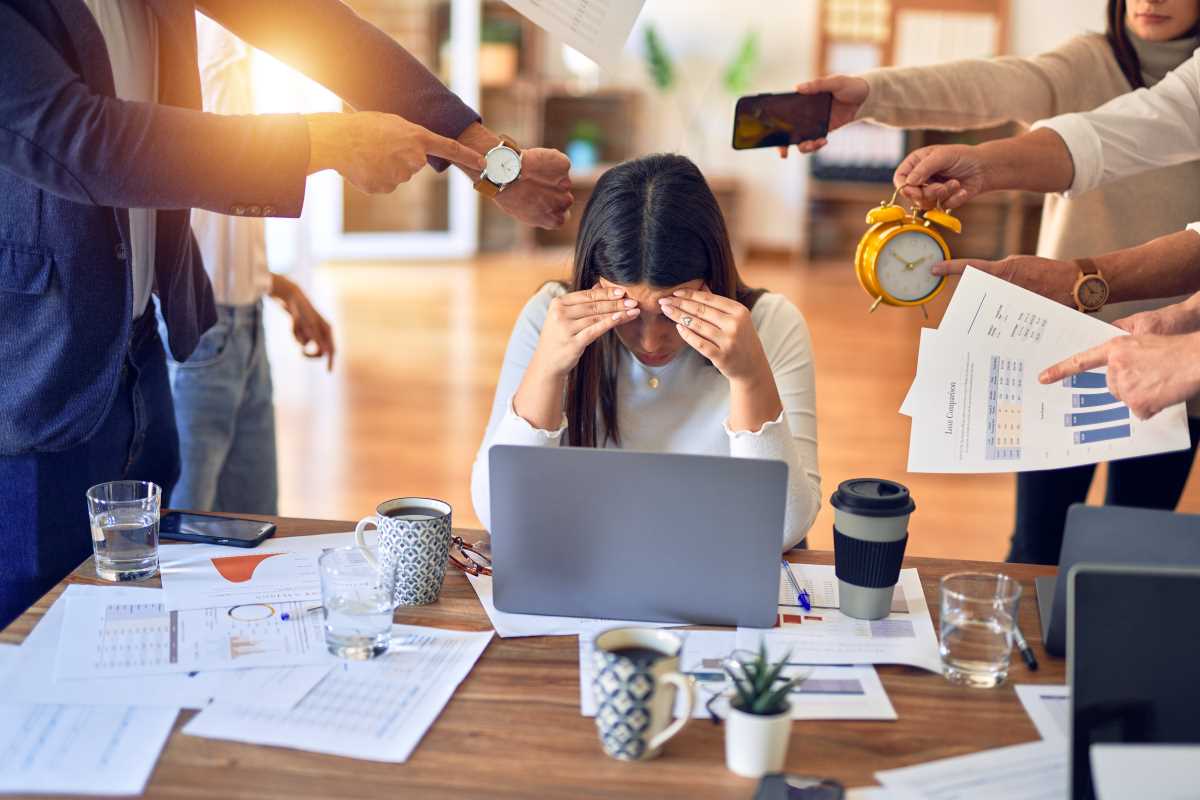For better or worse, social media platforms like Instagram, Facebook, and TikTok have become integral to our daily lives, profoundly influencing how we perceive ourselves. While these platforms offer unprecedented opportunities for connection and self-expression, they also introduce challenges that can affect our self-image. This blog post delves into the multifaceted impacts of social media on our self-perception, examining both the benefits and drawbacks.
The Influence of Curated Content
One of the most significant ways social media affects self-image is through the curation of content. Users often present an idealized version of their lives, showcasing only the highlights and omitting the mundane or negative aspects. This selective sharing can lead to several psychological effects:
- Perfection Illusion: Constant exposure to polished and seemingly perfect images can create unrealistic standards. Users may feel compelled to match these standards, leading to dissatisfaction with their own lives.
- Pressure to Perform: The desire to curate content that portrays a perfect life can lead to stress and anxiety. Individuals may invest significant time and effort into creating content that garners validation through likes and comments.
Mental Health Impacts
Social media can have profound effects on mental health, contributing to anxiety, depression, and other emotional issues:
- Anxiety and Depression: Constant exposure to curated content can lead to feelings of inadequacy and low self-esteem. The pressure to keep up with the perceived lives of others can exacerbate anxiety and depression, particularly among young users.
- Fear of Missing Out (FOMO): Social media can intensify FOMO, leading to stress and a sense of loneliness when users feel they're not experiencing life as fully as their peers.
- Sleep Disruption: Excessive use of social media, especially before bed, can interfere with sleep patterns, impacting overall mental health.
Comparison Culture
Social media fosters a culture of comparison, where individuals measure their worth against others based on likes, followers, and perceived success:
- Social Comparison Theory: This theory suggests that people determine their self-worth by comparing themselves to others. On social media, this can manifest as comparing physical appearance, lifestyle, or achievements, often leading to diminished self-esteem.
- Highlight Reel vs. Reality: Users often compare their everyday reality to others' highlight reels, resulting in feelings of inadequacy. This can exacerbate issues of self-worth and contribute to negative self-image.
Pressure to Maintain an Online Persona
The pressure to maintain a consistent online persona can impact self-image significantly:
- Identity Fragmentation: Juggling multiple personas across different platforms can lead to confusion and identity fragmentation. Individuals may struggle to reconcile their online and offline selves, impacting their self-concept.
- Authenticity vs. Performance: The line between authentic self-expression and performed identity can blur, leading individuals to question their true selves and values.
Positive Effects of Social Media on Self-Image
While there are notable challenges, social media also offers positive influences on self-image:
- Increased Connectivity: Social media facilitates connection with like-minded individuals and communities, fostering a sense of belonging and support. This can enhance self-esteem and provide a platform for positive reinforcement.
- Self-Expression and Creativity: Platforms provide avenues for creativity and self-expression, allowing users to showcase talents, share interests, and express unique identities. This can boost confidence and reinforce a positive self-image.
- Access to Diverse Perspectives: Exposure to diverse cultures, ideas, and lifestyles can broaden horizons and enhance self-awareness, contributing to personal growth and a more nuanced self-perception.
The Role of Influencers
Influencers, with their significant reach, play a crucial role in shaping self-image on social media:
- Aspiration and Inspiration: Influencers can inspire positive change, offering motivation for personal development, healthy living, and self-improvement.
- Unrealistic Expectations: Conversely, influencers may promote unattainable lifestyles, perpetuating unrealistic standards that can negatively impact followers' self-image.
Navigating Social Media Mindfully
To mitigate the negative impacts of social media on self-image, users can adopt mindful practices:
- Curate Your Feed: Follow accounts that promote positivity and authenticity. Unfollow or mute those that trigger negative emotions or unrealistic comparisons.
- Limit Screen Time: Setting boundaries on social media usage can help reduce exposure to negative content and foster a healthier relationship with these platforms.
- Engage Authentically: Focus on genuine interactions and meaningful connections rather than validation through likes and comments.
- Reflect on Content Consumption: Regularly assess how the content you consume affects your mood and self-perception, and adjust your habits accordingly.
The Dark Side of Social Media
In the past decade, social media has transformed the way we communicate and connect. While it offers numerous benefits, it also presents significant challenges that can negatively impact individuals and society as a whole.
Spread of Misinformation
Social media platforms can act as breeding grounds for misinformation, affecting societal trust and individual belief systems:
- Echo Chambers: Algorithms often create echo chambers, where users are exposed only to information that aligns with their existing beliefs, reinforcing misinformation.
- Viral Misinformation: False information spreads rapidly on social media, often faster than corrections, contributing to widespread confusion and distrust.
- Impact on Public Opinion: Misinformation can sway public opinion and influence important decisions, from health choices to political elections.
Cyberbullying
Cyberbullying is a pervasive issue on social media, with severe implications for victims:
- Anonymity and Distance: The anonymity provided by social media can embolden individuals to engage in bullying behavior without fear of immediate consequences.
- Psychological Impact: Victims of cyberbullying often experience severe emotional distress, leading to anxiety, depression, and in extreme cases, suicidal thoughts.
- Social Isolation: Constant harassment can lead victims to withdraw from social interactions, both online and offline.
Erosion of Privacy
Social media platforms often collect vast amounts of personal data, raising significant privacy concerns:
- Data Exploitation: Personal information is frequently used for targeted advertising and can be sold to third parties, often without users' explicit consent.
- Security Risks: The sharing of personal information can lead to security risks, including identity theft and fraud.
- Loss of Control: Users may feel a loss of control over their personal data, as privacy settings can be complex and frequently change.
Effects on Personal Relationships and Societal Trust
The way social media is used can strain personal relationships and erode trust in society:
- Superficial Connections: While social media can connect people globally, it often results in superficial interactions rather than deep, meaningful relationships.
- Distraction from Real Life: Over-reliance on social media can detract from real-world interactions, leading to misunderstandings and weakened personal bonds.
- Erosion of Trust: The prevalence of misinformation and cyberbullying can lead to a general erosion of trust in information sources and other people.
Social media undeniably shapes our self-image in complex ways. By understanding both the positive and negative impacts, users can navigate these platforms more mindfully so that social media can become a tool for empowerment and self-expression rather than a source of anxiety and self-doubt.







